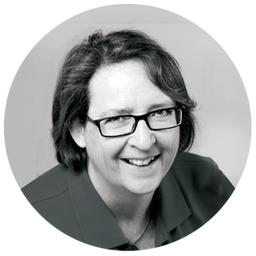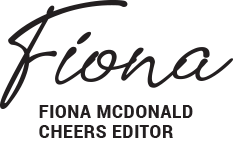
Satisfaction
It’s a paradox. Philosophers and scholars have pondered this question for centuries. True happiness, satisfaction and fulfilment. When can a person step back and say: “That’s it. I’ve arrived or I’ve made it.”
That specific “it” is always different. CEO or MD of a company, providing a house or financial security for a parent, paying for your child’s degree, going on a round-the-world cruise ... the goals tend to be individual or materialistic. Sadly, enough is never enough. There’s always a hunger for more - a new car, a bigger house, designer clothes or swanky watches. In one of those serendipitous discoveries I stumbled across a book by New York Times columnist David Brooks, The Second Mountain. It’s about searching for meaning and is a brutally honest telling of his personal struggles in his quest for a moral life. Let’s face it, life is all about struggle. No-one has been immune to it after the past year of a global pandemic.
But if there’s one thing I’ve realised over the past year, it’s that most people seek meaning or purpose. One thing that health care professionals noted about the pandemic is that a sense of purpose is a positive force in allaying the fears, stress and panic which Covid-19 brought on. Everyone wrestled with personal demons but helping out by making sandwiches, working in a soup kitchen, fund raising or making up food parcels or care packages for those less fortunate turned out to be a big mood booster. It was the feel-good factor.
It’s difficult to be unaware that a cultural change is afoot. There is a growing awareness of pursuing individualistic and material goals not being all it’s cracked up to be. People in the UK were out on Thursday evenings clapping for carers, the NHS or essential workers – and getting to know their neighbours for the first time. People locked down in Italy, Portugal and Spain hung over apartment balconies banging pots and pans – or singing opera for the same reason.

There’s a realisation that there’s a need to identify ourselves and self worth as part of a collective, a community. That could be a neighbourhood community, a charitable initiative, volunteering, taking public office as a town or city councillor. It’s the old adage of “be the change”.
Things need to change. In South Africa the challenges are many – but it all starts with introspection. Take a look in the mirror and consider if you are truly happy with your life, relationships and whether you have a purpose. Can you say you’ve made a difference in some shape or form? And if not, do you want to? Can you alter your behaviour towards other people – wife/husband/siblings/colleagues/friends ... And it’s not about the benefit you gain personally, it’s about positively impacting someone else, a family, a school, a community and ultimately society.
Is it not the case that a significant amount of the problems and challenges we all collectively face are the result of people or organisations putting the needs and desires of the organisation or individuals above those of all, the collective “greater good”?
Returning to community and shared values is not a bad thing. Being part of a neighbourhood watch, a soup kitchen, a knitting circle making blankets for babies or the underprivileged, financing a child’s school pack ... these are all eminently achievable. (And if you can’t knit, someone will take not just pleasure but genuine joy in being able to teach you to master the skills and make a difference in your life!)
And it enables one to look in the mirror and feel a small measure of satisfaction, of being part of something good, something greater. That’s good for society too.
Cheers


